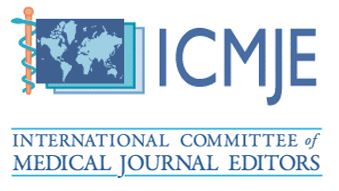Predicting Symptoms of Obsessive-Compulsive Disorder Based on Cognitive Beliefs and Mindfulness in a Non-clinical Population
Keywords:
Cognitive beliefs, Mindfulness, Symptoms of obsessive-compulsive disorderAbstract
Objective: Obsessive-compulsive disorder (OCD) is one of the most common, controversial, and challenging disorders among the various psychological disorders. This research aimed to predict symptoms of OCD based on cognitive beliefs and mindfulness in a non-clinical population.
Materials and Methods: The research design was descriptive-correlational. The statistical population comprised all students from universities in the city of Tabriz. A sample of 500 individuals was selected through convenience sampling. Research tools included the Revised Obsessive-Compulsive Questionnaire, Mindfulness Scale, and Obsessive Beliefs Questionnaire. Pearson correlation coefficient and multiple regression were used to analyze the research hypotheses. Data analysis was performed using SPSS software, version 25.
Findings: Statistical analysis results showed that the combination of cognitive beliefs and mindfulness could predict symptoms of washing, obsessive symptoms, hoarding symptoms, ordering symptoms, checking symptoms, and neutralizing symptoms of OCD (p < 0.05).
Conclusion: Based on the results, it can be inferred that professionals can utilize the potential of the variables studied in the areas of diagnosis and clinical interventions for OCD.
Downloads
Downloads
Additional Files
Published
Issue
Section
License
Copyright (c) 2024 Rozna Asgharnezhad, Marziyeh Alivandi Vafa, Reza Abdi (Author)

This work is licensed under a Creative Commons Attribution-NonCommercial 4.0 International License.







































